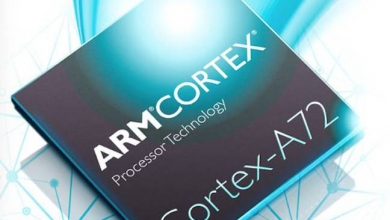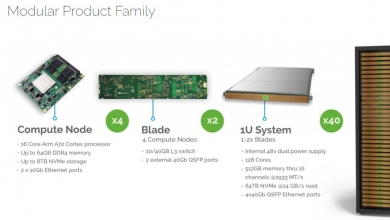
News broke over the weekend that Nvidia is acquiring semiconductor and services firm ARM for $40bn in shares and cash from SoftBank, but the deal does not include ARM's expanding IoT Services Group.
This unit was previously seen by SoftBank as a key vehicle for growth, and plans were hatched earlier this year to spin it out as a separate entity controlled by SoftBank. That plan remains after the big acquisition announcement, and the IoT Services Group still expects to be a new free-standing business from the end of this month.
On the wider acquisition, if the deal gets the approval from the UK government and other countries, US-listed Nvidia says ARM's UK headquarters will be used to create a new European-serving artificial intelligence products and services unit to support the edge-to-cloud connectivity market.
Nvidia has also moved to quell any doubts that ARM's open approach to selling its chips to anyone who wants them – including all smartphone and server makers - will continue. However, as we have already seen under the US Trump administration, the US government has previously wielded its legal powers to stop certain technology companies getting their hands on US-owned technology - including China's Huawei.
“AI is the most powerful technology force of our time and has launched a new wave of computing,” said Jensen Huang, founder and CEO of Nvidia. “In the years ahead, trillions of computers running AI will create a new internet-of-things that is thousands of times larger than today’s internet-of-people. Our combination will create a company fabulously positioned for the age of AI.
“By uniting our AI computing capabilities with the vast ecosystem around ARM's CPU technology, we can advance computing from the cloud, smartphones, PCs, self-driving cars and robotics to edge IoT.”
He added: “ARM will remain headquartered in Cambridge. We will expand on this great site and build a world-class AI research facility, supporting developments in healthcare, life sciences, robotics, self-driving cars and other fields.”
While completion of the transaction is expected to take place in around 18 months, it will now be up to the UK government and the European Commission whether the technology – widely used in critical infrastructure and the defence segment – should be transferred to US control, although they never had a problem when the company was bought by Japan's SoftBank in 2016.

